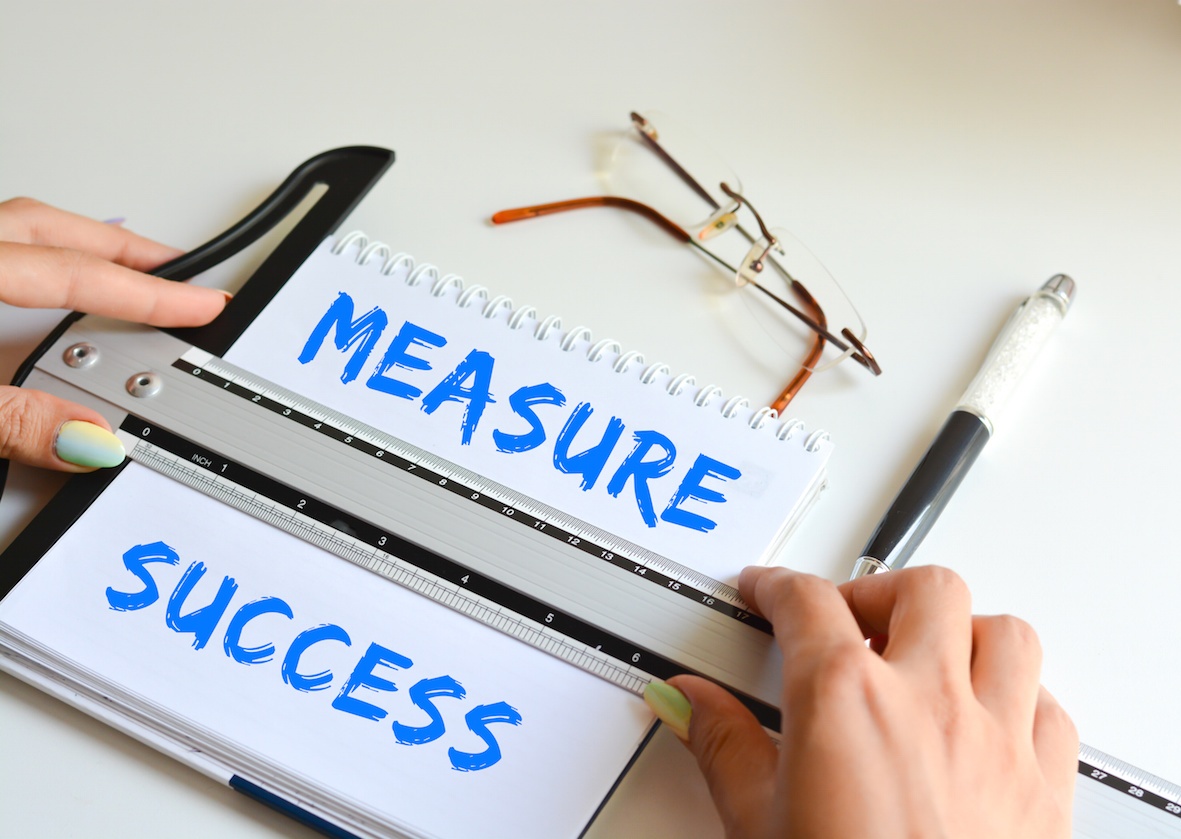
In today’s digital age, social media marketing has become an essential strategy for businesses of all sizes. From increasing brand awareness to driving traffic and boosting sales, social media platforms offer numerous opportunities. However, to make the most of these platforms, it’s crucial to measure the success of your efforts effectively. This way, you know what’s working and where there’s room for improvement.
In this article, we’ll explore some key metrics to evaluate your social media success and help ensure your strategies are on track.
1. Set Clear Goals
The first step to measuring success in social media marketing is setting clear and achievable goals. What do you want to accomplish through your social media efforts? Goals can vary depending on your business, but some common objectives include:
- Increasing brand awareness
- Driving more website traffic
- Generating leads
- Boosting sales
- Enhancing customer engagement
Once you have specific goals, it becomes easier to track progress. For instance, if your goal is to increase engagement, metrics like likes, comments, and shares become crucial indicators. Setting clear goals gives you a roadmap to measure your results.
2. Engagement Rate
Engagement is one of the most common and valuable metrics in social media marketing. It refers to how much your audience is interacting with your content. Key engagement metrics include likes, comments, shares, retweets, and mentions.
For instance, if you’re promoting a course and see that users frequently interact with posts that talk about how to learn Facebook ads, it’s a good sign that your audience finds this content relevant and useful. A high engagement rate often signals that your content resonates well with your target audience, building trust and strengthening your brand presence.
3. Reach and Impressions
Reach and impressions are two important metrics to understand the scope of your content's visibility.
- Reach represents the number of unique users who have seen your post. It tells you how far your content has spread across your followers and beyond.
- Impressions indicate how many times your post has appeared in users' feeds, including multiple views from the same user.
For example, if you’re running a campaign to promote a new product or service, measuring reach and impressions helps you see how widespread your campaign’s impact is. Ideally, you want a high reach and even higher impressions, showing that people are not only seeing your posts but viewing them multiple times.
4. Follower Growth
Follower growth is another critical metric, particularly for brands looking to build their audience on social media. Tracking the rate at which you gain followers over time is a good indicator of your brand's popularity and appeal. It’s essential, though, to focus on attracting followers who align with your target audience. Quality followers are more likely to engage with your content and, eventually, convert into loyal customers.
You can boost your follower count through quality content, strategic promotions, or even paid advertising. Keep in mind that a steady, organic growth is often more beneficial than sudden spikes, as it indicates genuine interest in your brand.
5. Traffic to Your Website
One of the main goals of social media marketing is to drive traffic to your website. Tools like Google Analytics allow you to track how many visitors are coming from your social media platforms. This data gives insight into how effective your social media content is at encouraging users to visit your site.
By tracking website traffic, you can see which social media posts generate the most interest. Additionally, if you’re offering specific products or services, you’ll want to assess whether traffic from your social channels is leading to meaningful actions on your website, such as sign-ups, purchases, or inquiries.
6. Conversion Rate
Conversion rate is the ultimate measure of social media success, especially for businesses focusing on sales or lead generation. Conversions can vary widely based on your objectives, ranging from purchases and downloads to sign-ups and form completions.
For instance, if your social media campaign is centered around teaching new skills, you might encourage users to learn Facebook ads through a specific course. By tracking how many social media visitors actually enroll, you gain a clear idea of your campaign's effectiveness in achieving your end goals. The higher the conversion rate, the more successful your strategy.
7. Customer Feedback and Sentiment Analysis
Customer feedback is an invaluable metric often overlooked in social media marketing. Direct comments, messages, and reviews from users provide insight into how your audience perceives your brand. Positive comments signal satisfaction, while negative feedback can highlight areas for improvement.
Sentiment analysis tools can help you track the general tone of conversations about your brand across social platforms. This analysis helps understand whether users view your brand favorably, which can impact long-term loyalty and brand reputation.
8. Return on Investment (ROI)
Finally, calculating your social media ROI is essential to determine whether your efforts are profitable. ROI measures the revenue generated from social media against the cost of campaigns. To get a clear picture of ROI, consider both direct and indirect benefits, such as increased brand awareness or customer loyalty.
Calculating ROI can be challenging, especially when some benefits are more qualitative. However, understanding the financial impact of social media campaigns will help you decide where to allocate your budget and optimize future strategies.
Final Thoughts
Measuring success in social media marketing requires a combination of quantitative metrics like engagement, reach, and conversion rates, as well as qualitative insights like customer sentiment. By regularly analyzing these metrics, you can adapt your strategy to meet your business goals and enhance your brand’s social media presence.
Whether you’re aiming to expand your audience, increase engagement, or boost conversions, each metric plays a role in helping you understand the impact of your efforts. Remember, social media success doesn’t happen overnight. By tracking progress and making data-driven adjustments, you’ll be well on your way to achieving meaningful results through social media marketing.




